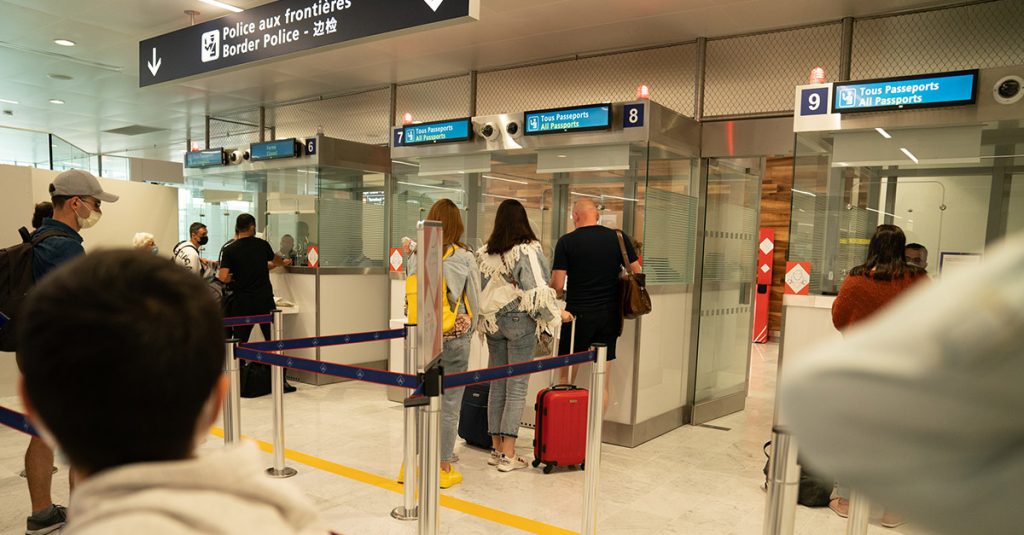The implementation of the European Union’s new Entry-Exit System (EES) has faced yet another postponement. Originally scheduled to launch on October 6, the system’s introduction has been deferred to November 10 due to concerns over potential travel disruptions during the busy holiday period.
This latest delay arises amid lobbying efforts from French authorities and logistical challenges. The EES aims to enhance border security by requiring non-EU travellers to undergo fingerprinting and photo-taking procedures upon arrival, extending processing times significantly. With these developments, stakeholders are apprehensive regarding passenger delays and operational efficiency at major entry points.
As the European Union prepares for the eventual rollout of the EES, the overarching focus remains on achieving a balance between security and efficiency. Continuous assessment of the system’s readiness will be pivotal to its successful implementation.
In summary, the repeated delays in the EES implementation highlight the intricate challenges involved in overhauling border control systems. While these efforts aim to enhance security, careful consideration is vital to ensure minimal disruptions to international travel, safeguarding both operational efficiency and passenger experiences.

